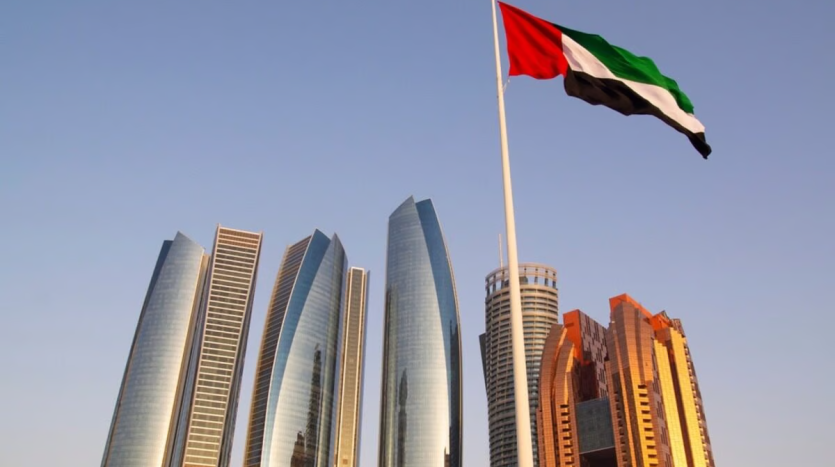UAE Corporate Tax Increase: Implications for Dubai’s Real Estate Market
Understanding the Policy Shift
The introduction of the higher corporate tax rate targets multinational corporations that meet the revenue threshold. It ensures that profits generated in the UAE are fairly taxed while maintaining the nation’s attractiveness as a global business hub. For smaller businesses and enterprises below the threshold, the current 9% tax rate remains unchanged, preserving the UAE’s competitive edge for startups and SMEs.
Implications for Dubai’s Real Estate Market
1. Shift in Multinational Investment Patterns
Higher taxes may prompt multinational enterprises to reassess their regional strategies. For businesses that depend heavily on Dubai for operations, the increased tax liability might lead to cautious investment, impacting demand for office spaces and commercial real estate.
2. Potential Uptick in Residential Property Demand
On the other hand, high-net-worth individuals and expatriates looking to relocate for tax efficiency might turn to Dubai’s residential real estate market, which remains tax-exempt. This could drive demand for luxury apartments, villas, and freehold properties, particularly in upscale areas.
3. Diversification of Revenue Streams by Developers
To offset any slowdown in commercial real estate demand, developers may focus on diversified offerings, including mixed-use projects and affordable housing, targeting broader demographics.
4. Enhanced Compliance and Financial Transparency
The alignment with global tax standards increases financial transparency, likely improving investor confidence in the long-term stability of Dubai’s real estate market. Foreign institutional investors might view this as a sign of maturity, boosting their interest in large-scale projects.
A Balanced Perspective
While the 15% tax rate might introduce initial caution among multinational enterprises, the UAE’s business-friendly ecosystem, including 0% personal income tax and strategic free zones, remains a compelling draw. Dubai’s real estate market, known for its adaptability, is likely to adjust to these changes while capitalizing on new opportunities, such as an influx of global talent seeking residency and investment opportunities.
Conclusion
The UAE’s corporate tax hike represents a significant policy shift, reflecting its commitment to global tax fairness and economic diversification. For Dubai’s real estate market, the impact will be multifaceted. While commercial real estate may face headwinds, residential and diversified property segments could thrive. As always, Dubai’s resilience and adaptability will play a critical role in navigating this new chapter in its economic evolution.






